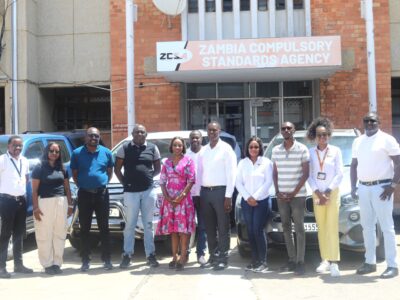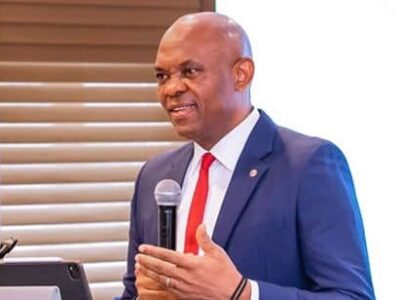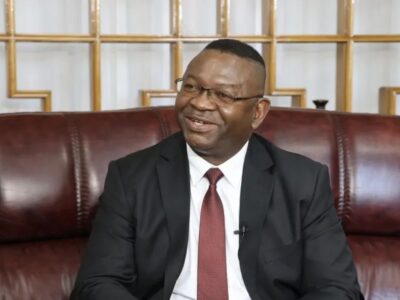Zambia has been used as a case study to determine the efficiency of the G20 common framework in providing debt treatment at the third African Conference on Debt and Development (AfCoDD III) taking place in Senegal.
This was during a breakaway session, which took place on Thursday and examined Zambia’s debt situations within the broader context of the African debt challenges.
The focus of the session was on “Efficiency of the G20 Common Framework in Providing Debt Treatment” which focussed on experiences from Zambia being the first African country to be on the G20 Common Framework debt deal.
Peter Mumba, Civil Society Organisation (CSO) Debt Alliance Coordinator made a presentation on “Profiling Zambia’s experience under the G20 common framework” during the session.
In his presentation, Mumba highlighted that Zambia’s case showed progress could be made to render the Common Framework more workable to restructure LICs sovereign debt.
Read more: Senegal Conference: Multilateral corporations allegedly using informal sector to evade taxes
He pointed out that Zambia’s case also exemplifies the call for a “New Debt Movement” and outlook that was needed to address issues of domestic resource mobilisation and equitable investment in public services in Africa.
Mumba, however, indicated that the success of the International Monetary Fund (IMF) programme depended on generating consensus among key stakeholders on the need for reforms.
He further indicated that more needed to be done to refine a comprehensive, efficient, and effective sovereign debt restructuring procedure.
According to Mumba, reforming the debt restructuring architecture under the Common Framework was crucial to achieving timely and efficient debt restructuring.
On the downside of the framework, Mumba said: “The current approach to sovereign debt restructuring is still plagued with many deficiencies and the process is time consuming and inefficient.
“The Common Framework is limited to low-income countries. – only open to 73 Low Income Countries (LICs). Middle-income countries in debt distress, such as Sri Lanka, are excluded from the Common Framework.”
Earlier in opening the session, Centre for Trade Policy and Development (CTPD) Executive Director, Isaac Mwaipopo, said there were a number of both lessons and challenges that other countries could take away from Zambia’s experiences.
“There are a number of lessons that have been learnt from Zambia’s experience in relation to the G20 Common Framework. There are also challenges that other countries can learn from Zambia’s experiences, especially those countries who are contemplating on getting on the G20 common framework,” Mwaipopo said.
And CSO Debt Alliance Chairperson, Alex Muyebe, stressed the need to critic the terms of the restructuring deal to ensure that it protected the interest of Zambians first and not the creditors.
WARNING! All rights reserved. This material, and other digital content on this website, may not be reproduced, published, broadcast, rewritten or redistributed in whole or in part without prior express permission from ZAMBIA MONITOR!












Comments